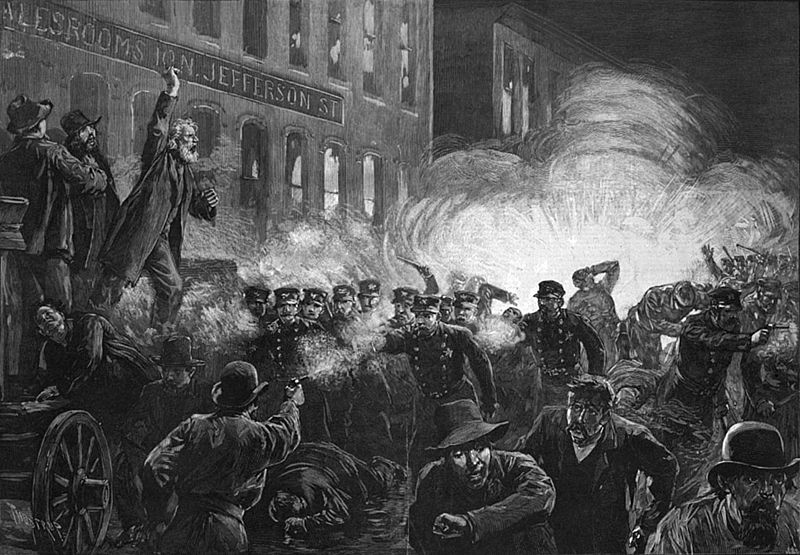This is probably a useful thing to do, writing a blog post, a way to get some words on paper and, prior to that, some thoughts composed. I’m presenting a paper at the C19 conference in Berkeley in just over five weeks on the representation and rhetoric of sexuality, gender, and marriage (too much to do, really) in turn of the 20th century novels about socialism (for it, against it, defining it, etc.), what I am calling “novels of socialism.” In order to ground my work, I’m looking at the earlier 19th century history of utopian, communal socialist movements in the US, notably the Fourierists, but I will also end up looking into other groups, too (Owenites, for example).
Carl Guarneri’s The Utopian Alternative: Fourierism in Nineteenth-Century America (1991) has been indispensable to this end. Charles Fourier (1772-1837: here’s a good, contextualized run-down of his ideas) offered a wide-ranging, and all-encompassing, to say the least, set of critiques, ideas, and recommendations for social change. His theory accounted for the stages of human history, the working of the universe, and predicted the demise of present religious systems with the growth of a “religion” in which people lived in “unconscious obedience to natural law” (Guarneri 94). Also, nations would fall away, to be replaced by 2 million phalanxes (structured living and working communities of a particular size). But, among Fourier’s ideas, as Guarneri notes, “most distressing” to those reformers who wished to act on Fourier’s critique of modern life and economics and build cooperative communities along the lines he described, “was Fourier’s prediction of a ‘New Amorous World’ that would give full scope to human sexual ‘attractions’ by organizing love in a series of graded ‘corporations’ ranging from ‘vestalic’ virginity to complete promiscuity, both heterosexual and homosexual” (94). Continue reading




